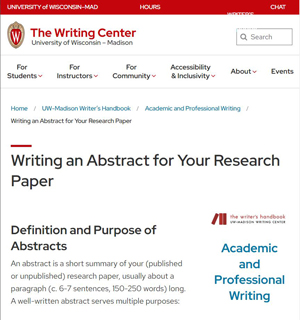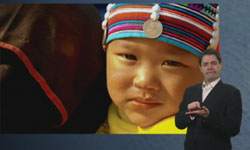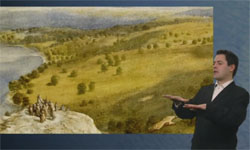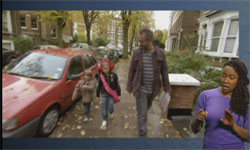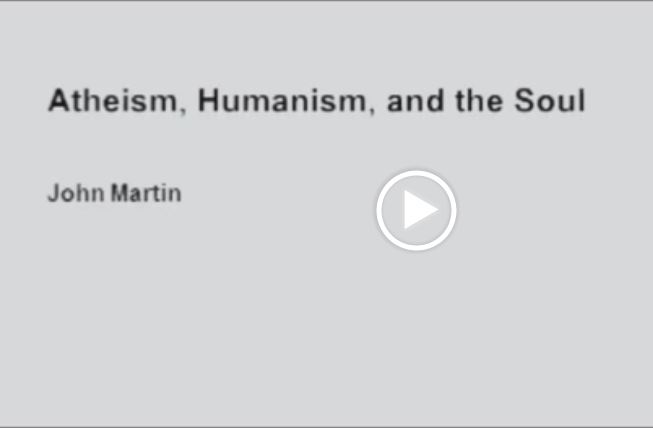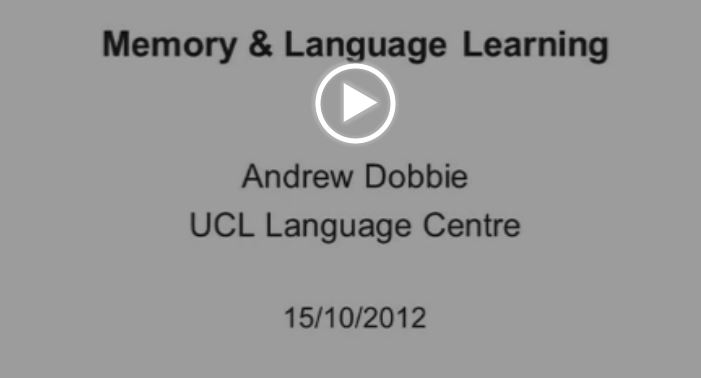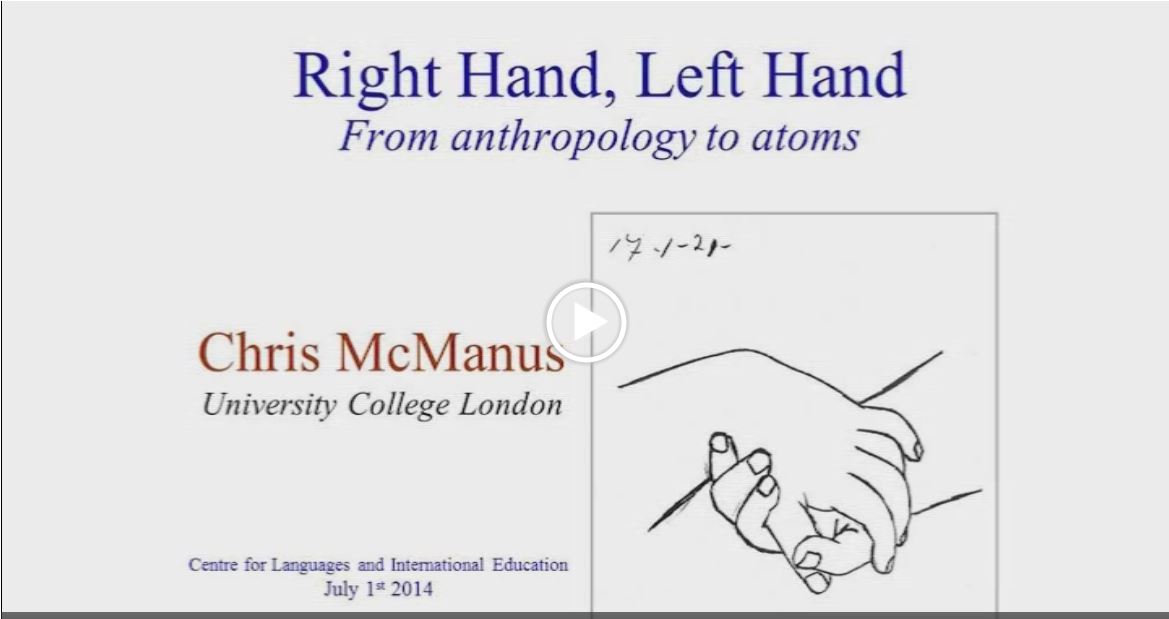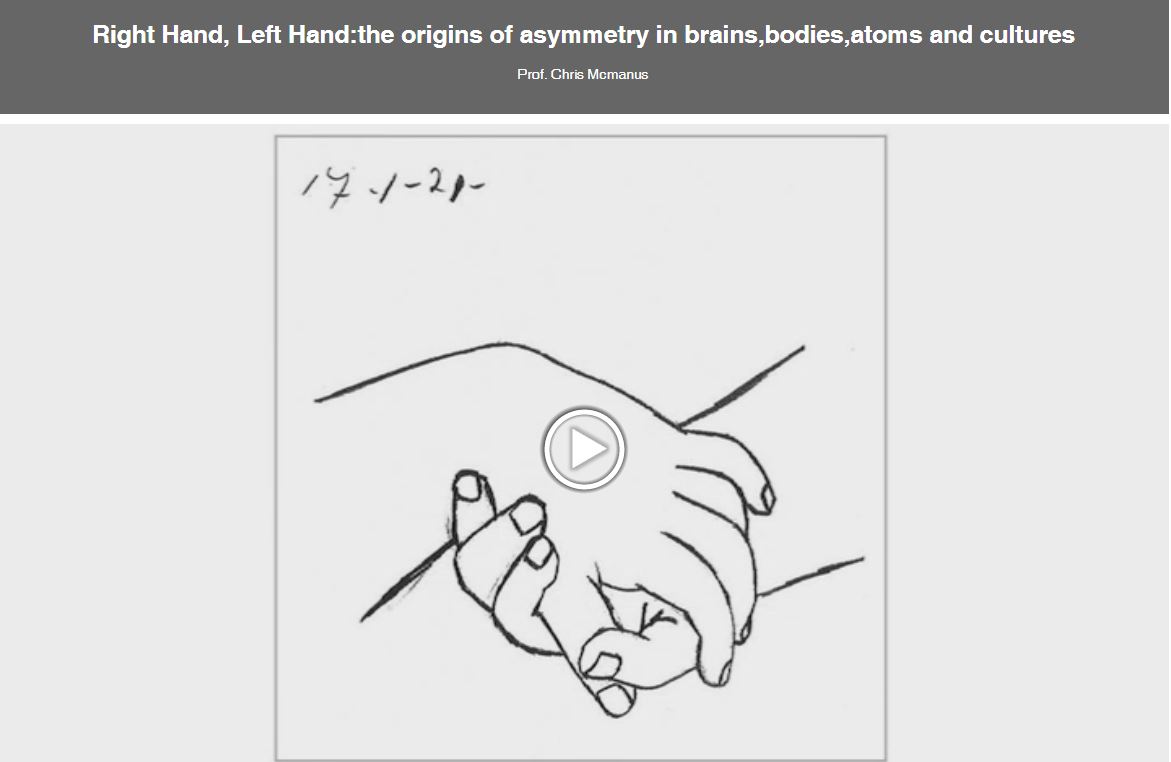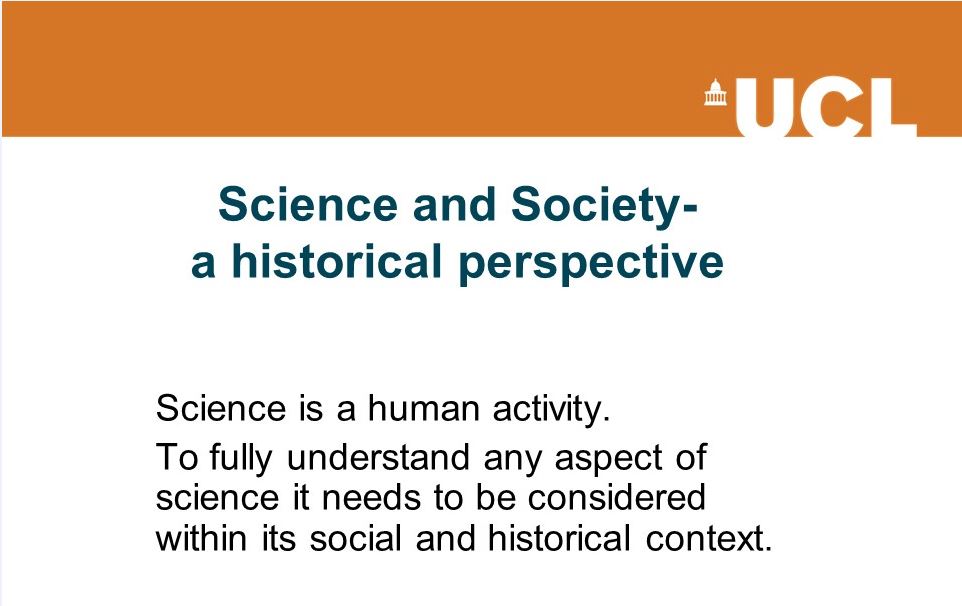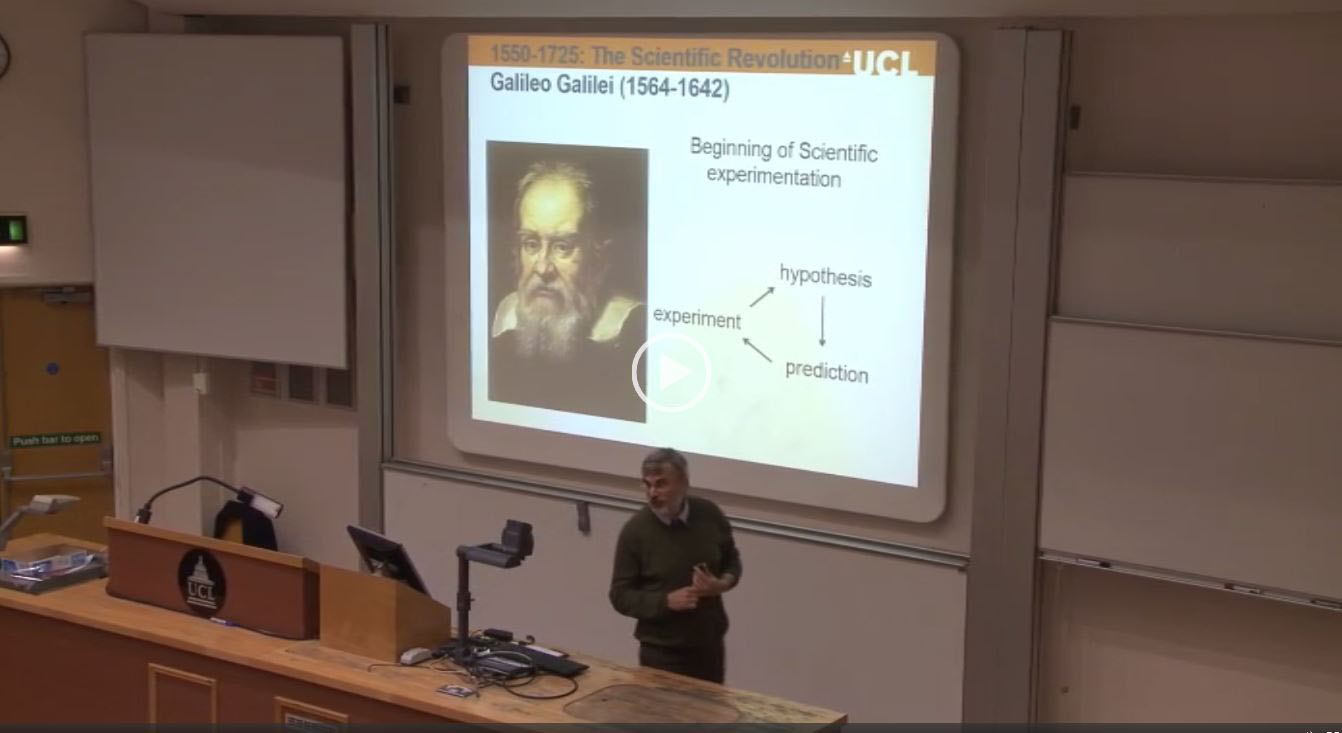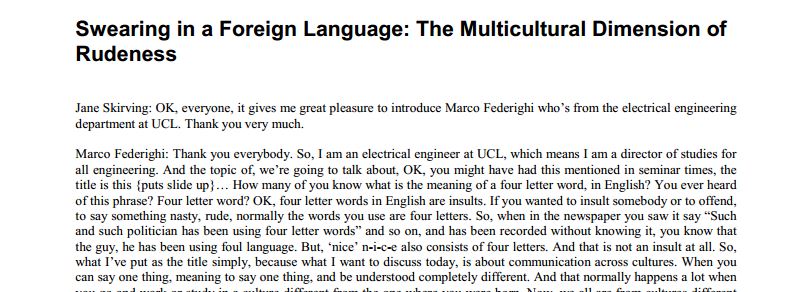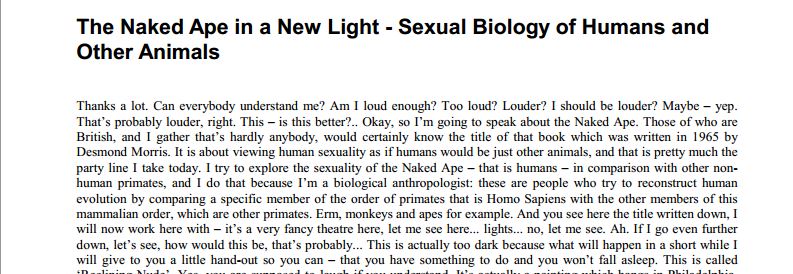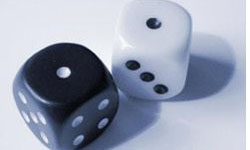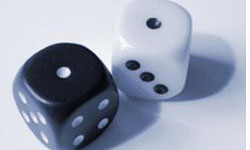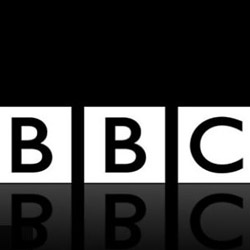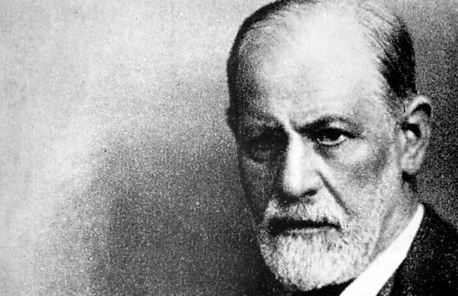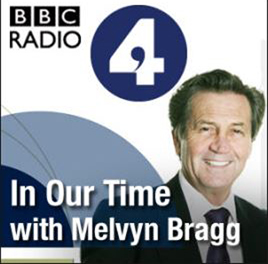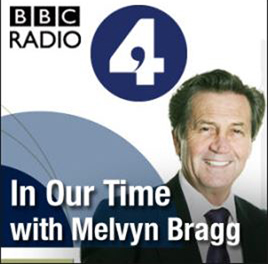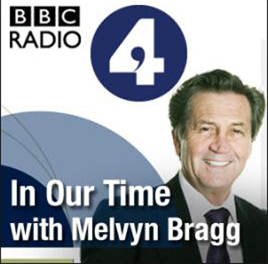Select one or more of these popular tags:
-
Writing an Abstract for your Research Paper
-
A guide to writing abstracts in social sciences, humanities and sciences with analysis of samples.
A guide to writing abstracts in social sciences, humanities and sciences with analysis of samples.
In this programme, Stephen Fry explores 'the written word'. Writing is a great invention - making it possible to communicate across space and time.
- British-Sign-Language
- British-Sign-Language
- Language
- No subtitles
- 60
In this programme, Stephen Fry explores 'the written word'. Writing is a great invention - making it possible to communicate across space and time.
In this programme, Stephen Fry celebrates storytelling. It has been with us as long as language itself and as a species, we love to tell our stories.
- British-Sign-Language
- British-Sign-Language
- Language
- No subtitles
- 60
In this programme, Stephen Fry celebrates storytelling. It has been with us as long as language itself and as a species, we love to tell our stories.
David Baddiel, father of two, sets out to answer one of the greatest questions a parent can ask: how best to educate your child. Taking in the latest scientific research, David uncovers some unconventional approaches: from the parent hot-hosing his child to record-breaking feats of maths, to a school that pays hard cash for good grades.
- British-Sign-Language
- Humanities
- No subtitles
- 58
David Baddiel, father of two, sets out to answer one of the greatest questions a parent can ask: how best to educate your child. Taking in the latest scientific research, David uncovers some unconventional approaches: from the parent hot-hosing his child to record-breaking feats of maths, to a school that pays hard cash for good grades.
-
Atheism, Humanism, and the Soul
-
Prof. John Martin
Diploma Lecture 2012
- Lectures
- Humanities
- No subtitles
- 40
Diploma Lecture 2012
-
Decoding Consciousness (with transcript)
-
Prof Geriant Rees , 2008
GPC/Pre-sessional Lecture 2008
- Lectures
- Humanities
- No subtitles
- 65
GPC/Pre-sessional Lecture 2008
-
Memory and Language Learning
-
Andrew Dobbie , 2012
Diploma Lecture 2012 - 2013
- Lectures
- Humanities
- No subtitles
- 50
Diploma Lecture 2012 - 2013
-
Right Hand, Left Hand: The Origins of Asymmetry in Brains, Bodies, Atoms and Cultures
-
Prof. Chris Mcmanus , 2014
Pre-sessional Lecture 2014
- Lectures
- No subtitles
- 56
Pre-sessional Lecture 2014
-
Right Hand, Left Hand: The Origins of Asymmetry in Brains, Bodies, Atoms and Cultures
-
Prof. Chris Mcmanus , 2014
Diploma Lecture 1st December 2014
- Lectures
- No subtitles
- 54
Diploma Lecture 1st December 2014
-
Science and Society - A Historical Perspective 2015
-
Dr Peter Bowman , 2015
Pre-Sessional Lecture 2015
- Lectures
- No subtitles
- 52
Pre-Sessional Lecture 2015
-
Swearing in a Foreign Language: The Multicultural Dimension of Rudeness (with transcript)
-
Marco Federighi , 2008
GPC/Pre-sessional Lecture 2008
- Lectures
- Art & Design
- Lectures
- No subtitles
- 51
GPC/Pre-sessional Lecture 2008
-
The Naked Ape in a New Light - Sexual Biology of Humans and Other Animals (with transcript)
-
Volker Sommer
TO BE REMOVED ?
- Lectures
- Humanities
- Lectures
- No subtitles
- 80
TO BE REMOVED ?
-
Visual Music and Synaesthesia
-
Dr Jamie Ward , 2006
Diploma Lecture 2006-2007
- Lectures
- Humanities
- Lectures
- No subtitles
- 60
Diploma Lecture 2006-2007
-
What's the Point of Philosophy? (with Worksheet)
-
Carl Gombrich , 2011
Diploma 2010/11
- Lectures
- Humanities
- Lectures
- No subtitles
- 60
Diploma 2010/11
-
Art of Indecision 1
-
Ian Peacock
Life is all about the choices we make. But what happens when you’re trapped in the headlights of indecision? A light-hearted programme for ditherers who want to become decisive.
Life is all about the choices we make. But what happens when you’re trapped in the headlights of indecision? A light-hearted programme for ditherers who want to become decisive.
-
Art of Indecision 2
-
Ian Peacock
Life is all about the choices we make. But what happens when you’re trapped in the headlights of indecision? A light-hearted programme for ditherers who want to become decisive.
Life is all about the choices we make. But what happens when you’re trapped in the headlights of indecision? A light-hearted programme for ditherers who want to become decisive.
-
Book of the Week - Passionate Minds
-
David Bodanis
Emilie du Chatelet was one of the greatest thinkers of the 18th century, a woman whose work was of by history. Fiercely intellectual and passionate, Emilie's relationship with Voltaire was as radical as he vital use to Einstein and who, until now, has been largely ignoredr thinking.
Emilie du Chatelet was one of the greatest thinkers of the 18th century, a woman whose work was of by history. Fiercely intellectual and passionate, Emilie's relationship with Voltaire was as radical as he vital use to Einstein and who, until now, has been largely ignoredr thinking.
-
Can Anyone Be a Creative Genius 1?
-
Ian Peacock
We make, we create, we paint, we write, we think we discover and we invent. Humans are endlessly creative. From our ability to utter completely new sentences every time we speak to the artistic and scientific genius of Picasso, Shakespeare or Einstein. Do scientists or psychologists know very much about what creativity actually is, or which bit of our brain is in control when we do? Ian Peacock unravels the myth, science and psychology behind creativity. He also finds out why computers could be the artists and writers of the 22nd century.
We make, we create, we paint, we write, we think we discover and we invent. Humans are endlessly creative. From our ability to utter completely new sentences every time we speak to the artistic and scientific genius of Picasso, Shakespeare or Einstein. Do scientists or psychologists know very much about what creativity actually is, or which bit of our brain is in control when we do? Ian Peacock unravels the myth, science and psychology behind creativity. He also finds out why computers could be the artists and writers of the 22nd century.
-
Can Anyone Be a Creative Genius 2?
-
Ian Peacock
Creativity unlocked. In the second programme Ian talks to the scientist who's invented a magnetic thinking cap which could make creative geniuses of us all and meets the man who after a stroke, can't stop his craving to paint, sculpt and write poetry. On his search for Xanadu he finds out why creativity is unleashed in some kinds of brain damage and how neuroscience is shedding light on the mystery of creativity,
Creativity unlocked. In the second programme Ian talks to the scientist who's invented a magnetic thinking cap which could make creative geniuses of us all and meets the man who after a stroke, can't stop his craving to paint, sculpt and write poetry. On his search for Xanadu he finds out why creativity is unleashed in some kinds of brain damage and how neuroscience is shedding light on the mystery of creativity,
-
Can Anyone Be a Creative Genius 3?
-
Ian Peacock
How can you be more creative? In the third programme Ian finds out what strategies and techniques he can borrow from business and beyond to maximise his own creativity. He talks an advertising agency to find out how they think up their best ideas, and finds out why businesses are using poets and artists to improve their productivity.
How can you be more creative? In the third programme Ian finds out what strategies and techniques he can borrow from business and beyond to maximise his own creativity. He talks an advertising agency to find out how they think up their best ideas, and finds out why businesses are using poets and artists to improve their productivity.
-
Freudian Slips - 01 Sexual Aberrations
-
Sigmund Freud
Written in 1905, Freud's groundbreaking 'Three essays on the theory of sexuality' is one of the pillars on which modern psychoanalysis rests. In the first of these essays, 'Sexual Aberrations' Freud unravels the complex diversity of human desire. Lisa talks to author, Kathy Lette to find out why fetishism isn't too far from shopping and she meets writer and psychoanalyst, Adam Phillips to find out why Freud thought the sexual instinct is such an irresistible force.
Written in 1905, Freud's groundbreaking 'Three essays on the theory of sexuality' is one of the pillars on which modern psychoanalysis rests. In the first of these essays, 'Sexual Aberrations' Freud unravels the complex diversity of human desire. Lisa talks to author, Kathy Lette to find out why fetishism isn't too far from shopping and she meets writer and psychoanalyst, Adam Phillips to find out why Freud thought the sexual instinct is such an irresistible force.
-
Freudian Slips - 02 Infantile Sexuality
-
Sigmund Freud
The second of Freud's 'Three essays on the theory of sexuality' is his ground breaking and shocking exploration of the relationship between children and their parents. In 'Infantile Sexuality' Freud outlines why our experiences and frustrations in childhood form the basis for our adult neuroses. Lisa Appignanesi talks to psychoanalysts and writers to find out how Oedipus lives on today.
The second of Freud's 'Three essays on the theory of sexuality' is his ground breaking and shocking exploration of the relationship between children and their parents. In 'Infantile Sexuality' Freud outlines why our experiences and frustrations in childhood form the basis for our adult neuroses. Lisa Appignanesi talks to psychoanalysts and writers to find out how Oedipus lives on today.
-
Freudian Slips - 03 Transformations of Puberty
-
Sigmund Freud
In The last of Freud's essays on sexuality he explains why the troubled adolescent has to relive childhood in a bid to leave home. Lisa talks to psychoanalysts working today to find out how the struggles of adolescence have changed over the course of hundred years. She also talks to writer, Sue Townsend to find out what inspired her to write about teenager Adrian Mole and what Freud might have made of him, now, aged 38 and 3/4.
In The last of Freud's essays on sexuality he explains why the troubled adolescent has to relive childhood in a bid to leave home. Lisa talks to psychoanalysts working today to find out how the struggles of adolescence have changed over the course of hundred years. She also talks to writer, Sue Townsend to find out what inspired her to write about teenager Adrian Mole and what Freud might have made of him, now, aged 38 and 3/4.
Fragment of an Analysis of a Case of Hysteria' is Freud's first great case history. Dora was brought to Freud for analysis by her father because of hysterical symptoms and threatened suicide. Dora rejected Freud's interpretations and fled before her treatment was over. Why did she leave and what did Freud learn from his apparent failure? Lisa talks to psychoanalyst and writer, Susie Orbach to find out why 'Dora' would lead to the invention of one of psychoanalysis's most important tools.
Fragment of an Analysis of a Case of Hysteria' is Freud's first great case history. Dora was brought to Freud for analysis by her father because of hysterical symptoms and threatened suicide. Dora rejected Freud's interpretations and fled before her treatment was over. Why did she leave and what did Freud learn from his apparent failure? Lisa talks to psychoanalyst and writer, Susie Orbach to find out why 'Dora' would lead to the invention of one of psychoanalysis's most important tools.
The Joke Book. In 'Wit and its relation to the Unconscious' Freud explained why the joke, like the dream provides a unique window into the unconscious. Lisa talks to comic Arnold Brown and therapist turned comedian Inder Manocha, to find out what drives the urge to make others laugh. She also talks to psychoanalysts David Bell to find out why we laugh, why we give ourselves away by our jokes and asks if there is a place for humour on the therapist's couch.
The Joke Book. In 'Wit and its relation to the Unconscious' Freud explained why the joke, like the dream provides a unique window into the unconscious. Lisa talks to comic Arnold Brown and therapist turned comedian Inder Manocha, to find out what drives the urge to make others laugh. She also talks to psychoanalysts David Bell to find out why we laugh, why we give ourselves away by our jokes and asks if there is a place for humour on the therapist's couch.
-
Great Lives - Baruch Spinoza
-
Sir Harry Kroto
Spinoza was one of the founding fathers of the Idealist school of philosophy, and was described by Bertrand Russell as, "the noblest and most lovable of the great philosophers".
Spinoza was one of the founding fathers of the Idealist school of philosophy, and was described by Bertrand Russell as, "the noblest and most lovable of the great philosophers".
-
In Our Time - Education
-
Melvyn Bragg
Melvyn Bragg and guests discuss the history and the modern purpose of education. With Mary Warnock, philosopher and educationalist; Ted Wragg, Professor of Education, University of Exeter.
Melvyn Bragg and guests discuss the history and the modern purpose of education. With Mary Warnock, philosopher and educationalist; Ted Wragg, Professor of Education, University of Exeter.
-
In Our Time - Evil
-
Melvyn Bragg
Melvyn Bragg and guests discuss the concept of evil. With Jones Erwin, Lecturer in Philosophy at the University of Limerick; Stephen Mulhall, Tutor in Philosophy at New College, Oxford University; Margaret Atkins, Lecturer in Theology at Trinity and All Saints College, University of Leeds.
Melvyn Bragg and guests discuss the concept of evil. With Jones Erwin, Lecturer in Philosophy at the University of Limerick; Stephen Mulhall, Tutor in Philosophy at New College, Oxford University; Margaret Atkins, Lecturer in Theology at Trinity and All Saints College, University of Leeds.
-
In Our Time - Evolutionary Psychology
-
Melvyn Bragg
With Janet Radcliffe Richards, Reader in Bioethics, University College, London; Nicholas Humphrey, Professor of Psychology, New School for Social Research, New York; Professor Steven Rose, Professor of Physic, Open University.
With Janet Radcliffe Richards, Reader in Bioethics, University College, London; Nicholas Humphrey, Professor of Psychology, New School for Social Research, New York; Professor Steven Rose, Professor of Physic, Open University.

